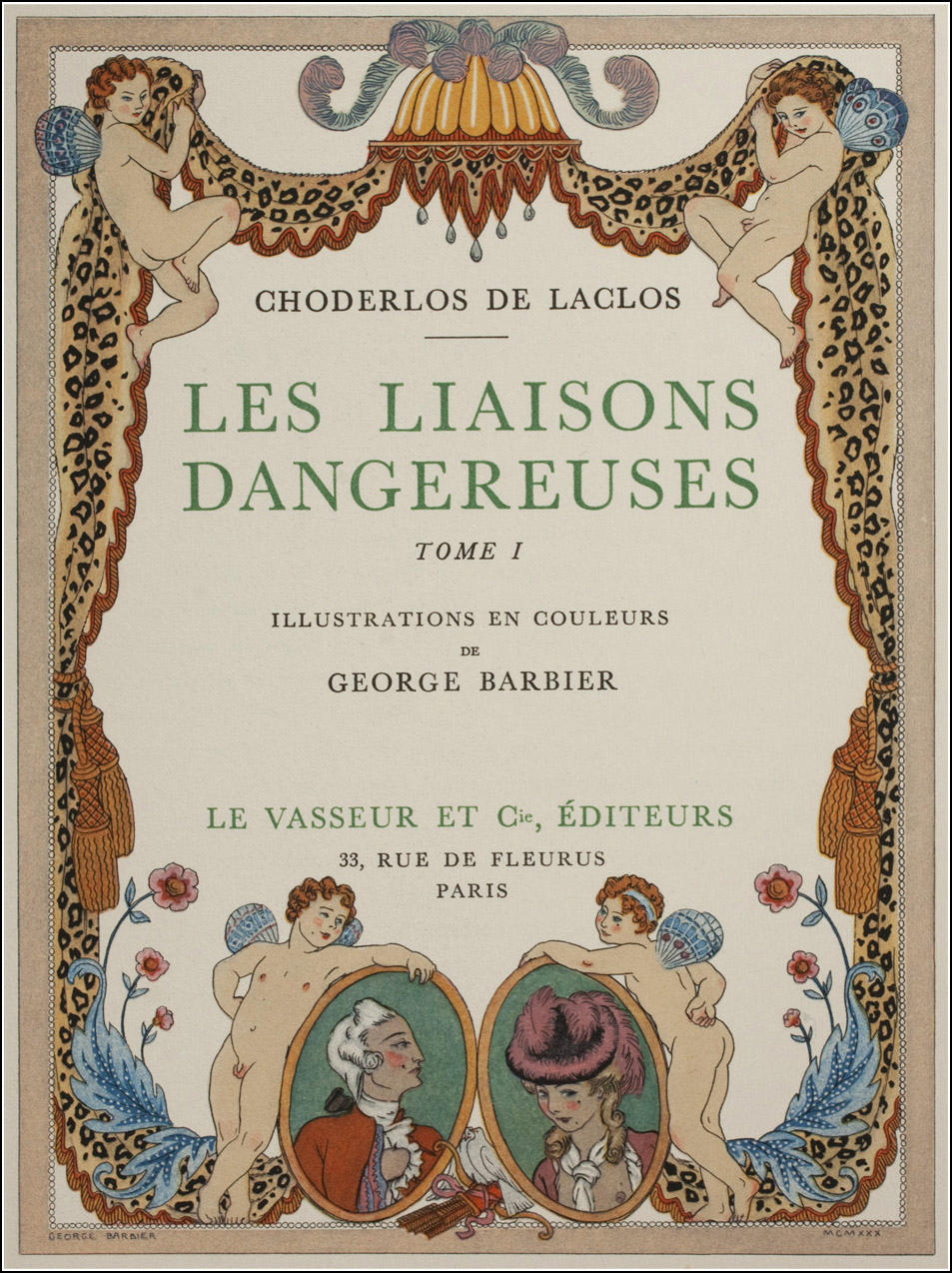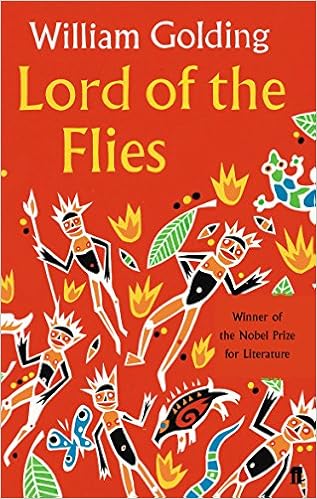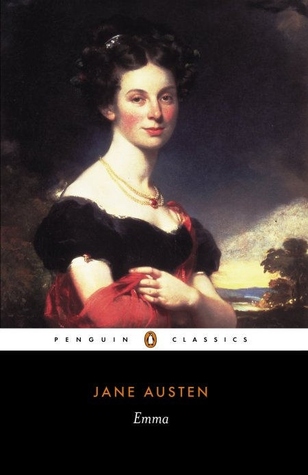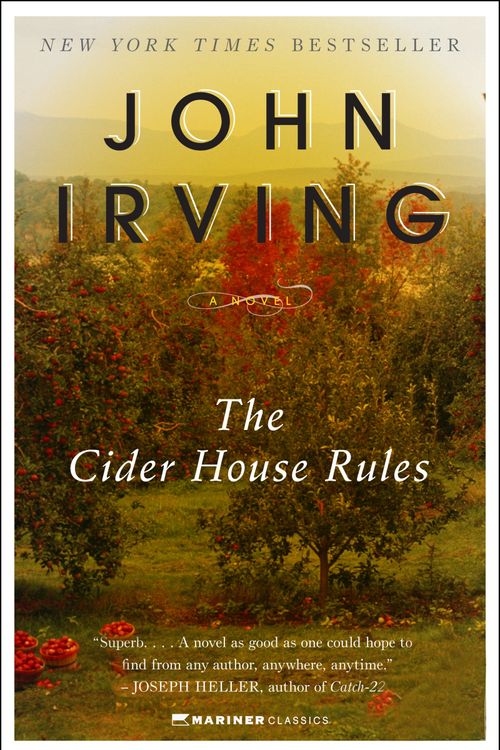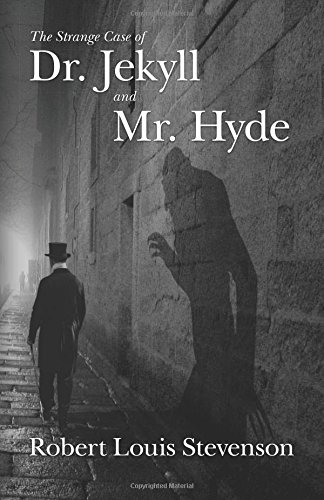Shortly after I moved to Minneapolis, with all the time I had on my hands with no friends in a new city, I made a robe a la francaise. Riding that 18th century kick, I started Dangerous Liaisons by Pierre Choderlos de Laclos. I've seen the movie, which I found to be quite boring (except for the pretty costumes), but I thought the book had its exciting points.
First off, the preface said that Marie Antoinette herself had this book in her library, which I find charming. It's gossipy AF which I guess is all the French court had to keep themselves entertained, but its nice to know my girl Marie was reading trash too.
The story centers around two giant asshole nobles who toy with everyone around them for their own fun and games. It's a bit sad to see poor, pure little Tourvel get driven into madness by Valmont and Merteuil's self-centered plots, though I could have done with a few less letters of her changing her mind back and forth about Valmont's credibility. Make up your damn mind, woman. It's so much easier to live your life when religion isn't a factor.
I like that it went into all-out war against the central characters at climax. They turned on each other and got what they deserved and it was satisfying to get that. I guess I have to give credit to people who put so much work into scheming for a bit of "fun", though. I could never find the energy.
Anyway, here's the dress I made, for good measure!
A writer's conversations & response to the 1001 Books You Must Read Before You Die list.
Saturday, November 3, 2018
Saturday, September 8, 2018
The Corrections
It was refreshing to read a modern book after so many older ones, but man does Jonathan Franzen's The Corrections remind you of the intolerability of every human being. Just as you start to like a character, you realize they're a terrible person. And you know what? That's the absolute truth of everyone on this earth—even the ones we love the most. It's just that in real life you don't have access to their selfish and irrational thoughts and emotions so you just don't realize how awful they really are.
Gary, Caroline (really, I hated Caroline the most. So childish) and Enid's self-centeredness are infuriating. Denise and Chip's somewhat-relatable emotionally driven-priorities cause self-reflection. Alfred's mental condition is terrifying. But the biggest surprise and softed part of the book for me, was the level of love that Alfred had for his children that was uncovered by his dementia. So powerful.
The Corrections was honest and entertaining, though often uncomfortable and heartbreaking. That's the nature of real family life though, which is what gives it so much strength.
Gary, Caroline (really, I hated Caroline the most. So childish) and Enid's self-centeredness are infuriating. Denise and Chip's somewhat-relatable emotionally driven-priorities cause self-reflection. Alfred's mental condition is terrifying. But the biggest surprise and softed part of the book for me, was the level of love that Alfred had for his children that was uncovered by his dementia. So powerful.
The Corrections was honest and entertaining, though often uncomfortable and heartbreaking. That's the nature of real family life though, which is what gives it so much strength.
Sunday, August 26, 2018
A World of Love
I could tell I was going to forget the entire plot/experience of A World of Love by Elizabeth Bowen before I even finished the book. It's just 149 pages of 5 people resenting each other for their own failures and misgivings, and I couldn't wait until it was over and I could throw it into my box of books I need to get rid of.
To me, dealing with this house full of women playing victim was cringe-worthy and with nothing else happening throughout the storyline, I didn't find anything especially worthy of this book for its place on the 1001 list. The only redeeming thing about the hours spent on the book is that the names Liliana and Antonia are very pretty (L.O.L). I honestly don't even know what else to say—I didn't get anything out of this this book.
Finally, the end was strange. I'm not sure what it's supposed to mean. The start of a romance amidst failed relationships? I don't know but it's kind of off-putting and tacky if that's what it is. Womp womp.
Wednesday, July 18, 2018
Lord of the Flies
People are the worst, but power-wielding men, don't get me started. Ugh.
I'd heard a lot about the general story of William Golding's Lord of the Flies, and for some reason thought it resulted in cannibalism. At least that didn't happen. If it were a bunch of women on the island as opposed to a bunch of cocky boys, I wonder how it would go. Inevitably, someone would want to be leader but I would hope there would be much less violence and more order. After all, even "proper English boys" can't really be that well behaved compared to little ladies.
It's heartbreaking and quite shocking that the two best characters were killed, but I suppose that's reality. Smarts, reason and nobleness are currently being defeated by a tyrant in the real United States, after all. Poor little Piggy with his broken glasses :(. Honestly, I thought Ralph was just as much an asshole as Jack in the beginning, taunting Piggy, but I guess he was reasonable enough to admit his friend's value and have some compassion.
I wish they would just leave Jack on that island to die but surely that doesn't happen. Children get away with everything.
Also, as an aside, where the hell was this plane full of just kids going?
I'd heard a lot about the general story of William Golding's Lord of the Flies, and for some reason thought it resulted in cannibalism. At least that didn't happen. If it were a bunch of women on the island as opposed to a bunch of cocky boys, I wonder how it would go. Inevitably, someone would want to be leader but I would hope there would be much less violence and more order. After all, even "proper English boys" can't really be that well behaved compared to little ladies.
It's heartbreaking and quite shocking that the two best characters were killed, but I suppose that's reality. Smarts, reason and nobleness are currently being defeated by a tyrant in the real United States, after all. Poor little Piggy with his broken glasses :(. Honestly, I thought Ralph was just as much an asshole as Jack in the beginning, taunting Piggy, but I guess he was reasonable enough to admit his friend's value and have some compassion.
I wish they would just leave Jack on that island to die but surely that doesn't happen. Children get away with everything.
Also, as an aside, where the hell was this plane full of just kids going?
Tuesday, July 10, 2018
Surfacing
Third Atwood book down, one to go.
In chapter one, I kept tripping over the awkward sentence structure and wondered if I'd get used to it after a while. By the end, that seems like a faded memory to me now, and I can't tell if I just got used to it, or if it was a device the author was using. If it was, that's genius. But either way the experience is extremely fitting for this work.
Like a lot of Atwood's other books, Surfacing is deeply feminist. The main character is trapped in countless layers of...social conformity/gender identity? That doesn't seem quite right. I'm not completely sure, but it builds and builds—quietly and sensitively at first, and then suddenly slamming down like a hammer in a terrifying way. It's seriously jarring, and kept me very on edge.
It's a depiction of how dark life really is, man. She's mad in the end, but she's one of the most relatable characters I've ever read, so easy to sympathize with and so mature and reliable, at least on the surface. Her insanity doesn't come from her being ridiculous, if that makes any sense. Her relationship with her parents reminded me of my own at times, like a big shadow, and it's unsettling how it loomed at the edge of my conscious throughout.
I had a used copy that had the most random excerpts underlined in spasmodic slashes, and it was seriously distracting and really annoying. At some point this lunatic was just underlining chapter numbers. Maybe the book drove them over the same edge as the heroine in this book.
In chapter one, I kept tripping over the awkward sentence structure and wondered if I'd get used to it after a while. By the end, that seems like a faded memory to me now, and I can't tell if I just got used to it, or if it was a device the author was using. If it was, that's genius. But either way the experience is extremely fitting for this work.
Like a lot of Atwood's other books, Surfacing is deeply feminist. The main character is trapped in countless layers of...social conformity/gender identity? That doesn't seem quite right. I'm not completely sure, but it builds and builds—quietly and sensitively at first, and then suddenly slamming down like a hammer in a terrifying way. It's seriously jarring, and kept me very on edge.
It's a depiction of how dark life really is, man. She's mad in the end, but she's one of the most relatable characters I've ever read, so easy to sympathize with and so mature and reliable, at least on the surface. Her insanity doesn't come from her being ridiculous, if that makes any sense. Her relationship with her parents reminded me of my own at times, like a big shadow, and it's unsettling how it loomed at the edge of my conscious throughout.
I had a used copy that had the most random excerpts underlined in spasmodic slashes, and it was seriously distracting and really annoying. At some point this lunatic was just underlining chapter numbers. Maybe the book drove them over the same edge as the heroine in this book.
Thursday, July 5, 2018
Emma
Are you supposed to like Emma Woodhouse of Jane Austen's Emma? Because all I get is that she's a triflin' bitch. Sooo judgy and pompous whether she's aware of it or not. And somehow she's meant to come off better than the Eltons, who at one point Austen decides to switch from normal human beings into ridiculous bullies straight out of Mean Girls.
It's like I was reading a book for teenage girls, but written in a hoity-toity way that allowed it to pass off as a classic. And how do characters with actual class and intelligence (whether male or female) keep getting attracted to her? Knightly, Harriet, and Jane are all too good for this superficial meddler. But also seriously, how is her mentor/teacher who found her a brat when she was being raised all of a sudden going to be in love with her? Men are stupid and gross.
Anyway Austen's happy ending values money and status over anything else, and as the book closes, we're back to square one as far as partners go -- back to the way it all was before Emma stuck her nose into everything for the good of nobody.
It's like I was reading a book for teenage girls, but written in a hoity-toity way that allowed it to pass off as a classic. And how do characters with actual class and intelligence (whether male or female) keep getting attracted to her? Knightly, Harriet, and Jane are all too good for this superficial meddler. But also seriously, how is her mentor/teacher who found her a brat when she was being raised all of a sudden going to be in love with her? Men are stupid and gross.
Anyway Austen's happy ending values money and status over anything else, and as the book closes, we're back to square one as far as partners go -- back to the way it all was before Emma stuck her nose into everything for the good of nobody.
Saturday, June 30, 2018
David Copperfield
Having moved to another state, I haven't had internet since the beginning of June. I wrote this probably about a month ago and it's just been sitting in an open word doc waiting for when US Internet decided to finally get wired into my apartment building, but IT STILL HASN'T HAPPENED. I finally caved and just bought the public wifi that the city of Minneapolis just randomly has streaming in my neighborhood, but at this point I don't remember anything too much more detailed because I've since finished the new Ondaatje book Warlight, and am also now over halfway through Emma. Time flies, I tell you. Anyway, on to David Copperfield.
With Ciderhouse Rules
fresh on my mind, David Copperfield came
next before I even knew it. Because of the former, I knew this was a story
about an orphan, but I didn’t expect it to contain so many of them. David, Emily, Traddles, Ham…
Surprisingly for an orphan tale, too, David’s story is a
remarkably happy one. In the beginning (and honestly, probably even up to
halfway through the book), I kept expecting the most unfortunate things to
happen to the main character whenever such an opportunity presented itself, but
he always had luck on his side and
somehow came away unmarked. Even with having the misfortune of a stupid and
naïve mother and a “cruel” step father and aunt in his youth, I still found it
kind enough of them to pay for D.C’s lodgings and schooling, which is a lot
more than many other literary characters found themselves having.
In as lengthy a format as this novel was, I find it hard to
imagine it capturing the attention of the orphans in The Ciderhouse Rules. How long would it have taken Homer to finish a
round of it? Would a child really be able to follow the narrative?
Regardless, I found it charming. And as Charles Dickens’
self-proclaimed favorite, I can get a sense of the author’s cheery fondness for
D.C. guiding him through every adventure, much like the cast of Copperfield’s
supporters, who I found to love just as much as if they were my own angels
(Traddles had me from the moment he drew his first skeleton). Maybe Dickens
even put a bit of himself in each of them. I hope so, anyway.
Friday, April 27, 2018
The Cider House Rules
I am sure that this movie was presented to me sometime in my youth, if not only for the certainty that when the state of Michigan started airing tourism commercials, I immediately recognized the graceful, sweeping piano and string melody that I associated to the words "Cider House Rules". I don't know why, but that song must have had a strong effect on me.
It's hard to imagine where I would have seen it - because I feel like it was in school - due to the strong sexual nature of literally every sentence presented in this book, and because I vaguely recall a sense of discomfort certain scenes could have given me but it is all presented with such taste and gentle understanding of human nature and the world itself that I suppose it couldn't ever have been obscene (I'm sure Hollywood would have toned it all down, anyway).
There is so much love packed into this book that it's hard not to be affected. Irving writes with such sensitivity of the human experience. Yes, we are flawed and life is riddled with disappointments, but above all, there is the tragedy and tenderness of love. Homer's decisions were often frustrating to me, in likely the same way I would have reacted had I actually known him and been able to interact with him. He is so surrounded by love, but he fails to see it in so many ways. I found myself to personally have Dr. Larch's interest at heart, and though it was so easy to be annoyed by Melony's dogged pursuit of Homer, their inability to tear themselves away from this person (which I'm sure could reflect any man out there) struck as something that was undoubtedly pure and real.
It's also an incredibly literary book - in its self awareness, and its attachment to other greats. I would like to read David Copperfield one day, if nothing more than to hear some of those lovely passages again as if to rake up sort of distant memory. The short "catch phrases" of Irving's own creation are powerfully effective as well, and I found them so incredibly moving. Let us be happy for the Princes of Maine -- the Kings of New England. They will always have a family.
Wednesday, April 4, 2018
A Home at the End of the World
I imagine Michael Cunningham to have a very beautiful, gentle view of the world, because that's what comes through in his writing. A Home at the End of the World is so hauntingly lonely and fragile, truthfully illustrating what it's like to grow up. Nothing turns out as you expect but you manage and come to terms with it. Who among us has even a notion of what they're doing? There is a bit of Clare, Jonathan, Bobby, and Alice in us all.
It's the beauty of the tiniest moments which hang in your memory that really defines our lives. I think of this often, and I'm so charmed that Cunningham wrote about it:
"I wouldn't say I was happy. I was nothing so simple as happy. I was merely present, perhaps for the first time in my adult life. The moment was unextraordinary. But I had the moment, I had it completely...I would not die unfulfilled because I had been here, right here and nowhere else."
It was a gorgeous scene to end the book, but I was slightly disappointed that the final chapter wasn't written through Rebecca's eyes. I find arguments pro and against this tactic so regardless, I'm completely under Cunningham's spell. I still prefer The Hours, but this one stands on its own is in a different sort of way.
Thursday, March 1, 2018
The Black Dahlia
I didn't expect James Ellroy's The Black Dahlia to be so fiction. It kind of put a damper on my experience. I guess I just compare all true crime novels to In Cold Blood now, and nothing ever lives up.
The writing felt like a cheap thrill, which I guess goes along with the tone of the storyline, but if this book did indeed launch Ellroy's career in the direction of serious writer like I've seen written in multiple places, then I don't really know why. I suppose Ellroy is able to dream up a complex crime plot from nothing, but that's not enough for me to consider him an artist worthy of accolade. I also found it hard to remember all the names that kept getting thrown at me (not that that says much, because I'm the worst with names in books).
Ultimately, I don't like that the entire thing (characters, motives, conclusion) was entirely fake. I wanted the main character to be a real cop who had worked on the case, and for all of the other characters to have actually existed (I googled their names and it seems like none of them were real). I wanted to hear about more real evidence that was found at the time. I didn't want a fantasy ending that wraps up the case when in actuality it's been a mystery for over 70 years. With the entire plot line revolving around bringing justice to The Black Dahlia, doing so kind of feels like it's doing the opposite for the real Elizabeth Short.
Anyway, my next book is a Michael Cunningham, and I'm SO EXCITED. Fangirllllll.
The writing felt like a cheap thrill, which I guess goes along with the tone of the storyline, but if this book did indeed launch Ellroy's career in the direction of serious writer like I've seen written in multiple places, then I don't really know why. I suppose Ellroy is able to dream up a complex crime plot from nothing, but that's not enough for me to consider him an artist worthy of accolade. I also found it hard to remember all the names that kept getting thrown at me (not that that says much, because I'm the worst with names in books).
Ultimately, I don't like that the entire thing (characters, motives, conclusion) was entirely fake. I wanted the main character to be a real cop who had worked on the case, and for all of the other characters to have actually existed (I googled their names and it seems like none of them were real). I wanted to hear about more real evidence that was found at the time. I didn't want a fantasy ending that wraps up the case when in actuality it's been a mystery for over 70 years. With the entire plot line revolving around bringing justice to The Black Dahlia, doing so kind of feels like it's doing the opposite for the real Elizabeth Short.
Anyway, my next book is a Michael Cunningham, and I'm SO EXCITED. Fangirllllll.
Sunday, February 18, 2018
198. The Book of Evidence
I've been in a crime binge the past few weeks listening to cold case podcasts, and ordering books with dark storylines off of Amazon. The first was John Banville's The Book of Evidence.
At first the stream-of-thought format put me off, but it ended up being quite lovely in a quiet sort of way. I found myself wondering how an author even decides that a story like this one is even worth writing into a novel because it felt so light in premise, but it's curious in the end because the topic of murder in reality, really should be a heavy one.
Sometimes you're creeped out by the main character Freddie, sometimes you sympathize with him, and sometimes you're simply annoyed by him, and I guess that's the marks of creating a realistic character. Freddie is the everyman and murder seems like a reasonably casual accident that could happen to someone like this dude. Why does anyone do anything, anyway? At least he owns up to his wrongs, and that's something that everyone should aspire to.
At first the stream-of-thought format put me off, but it ended up being quite lovely in a quiet sort of way. I found myself wondering how an author even decides that a story like this one is even worth writing into a novel because it felt so light in premise, but it's curious in the end because the topic of murder in reality, really should be a heavy one.
Sometimes you're creeped out by the main character Freddie, sometimes you sympathize with him, and sometimes you're simply annoyed by him, and I guess that's the marks of creating a realistic character. Freddie is the everyman and murder seems like a reasonably casual accident that could happen to someone like this dude. Why does anyone do anything, anyway? At least he owns up to his wrongs, and that's something that everyone should aspire to.
Thursday, January 4, 2018
The Strange Case of Dr. Jekyll and Mr. Hyde
It's the second straight week of work where I've had literally nothing to do, so today, I spent my time reading The Strange Case of Dr. Jekyll and Mr. Hyde by Robert Louis Stevenson. I thought that the fact that I know the general gist of the story might ruin the effect, but it didn't have much of an impact, actually.
It was a quick read that flowed smoothly. I liked that the majority of the story was told by an outsider (in the way that many stories of this time are) so that I could follow along solving the mystery along with him. The moody, dark imagery was effective, and kept me engaged and in the atmosphere of the story. Jekyll's character is a bit flimsy without much attention given to backstory or motive, but if you chock it all up to good/evil-based emotions, I guess you can get away with it.
I guess that's really all I have to say about this one. I hope January goes quickly, on account of a few situations I am currently in that I am anxious to have end. If I had a Miss. Hyde, she would surely be punching everyone in the stomach and hurting everyone's feelings right now. Rabble rabble.
It was a quick read that flowed smoothly. I liked that the majority of the story was told by an outsider (in the way that many stories of this time are) so that I could follow along solving the mystery along with him. The moody, dark imagery was effective, and kept me engaged and in the atmosphere of the story. Jekyll's character is a bit flimsy without much attention given to backstory or motive, but if you chock it all up to good/evil-based emotions, I guess you can get away with it.
I guess that's really all I have to say about this one. I hope January goes quickly, on account of a few situations I am currently in that I am anxious to have end. If I had a Miss. Hyde, she would surely be punching everyone in the stomach and hurting everyone's feelings right now. Rabble rabble.
Wednesday, January 3, 2018
The Thousand and One Nights
This collection of stories is a torture. It's one rambling labyrinth of male praising, murderous, idiotic hell. For one thing, there is no possible way that there could be so many "most beautiful" women who look like a moon or whatever nonsense in one place and moreover, so easily found. Also, with all the cutting off of heads and "cutting in twain", it's a miracle that anyone is left alive in this terrible land. What is even the point of these stories if not for entertainment? There isn't any parable or lesson to be learned at the end of them, and is basically just encouraging people to be horrible forever in a relentless cycle like this collection itself.
I guess it's inventive to put a million stories into the skin of one, but really, all of the stories are identical and are simply not fun to read. Whoever the sultan or king or whatever is that Shaharazad is telling this to must not have a very high bar for entertainment. And for the love of anything, PLEASE cut your word count. Praise be, it's over and I never have to do it again.
--
As for a story that I did enjoy, Philip Pullman recently came out with a new book and I recently finished it. I'm a huge fan of His Dark Materials, and the first of his new trilogy, La Belle Sauvage was a thrilling delight, as I would expect of him. Sure, there were a few cliche moments that dragged it down from its preedecessors, but I beg of you, save yourself. Read that instead.
Subscribe to:
Posts (Atom)
